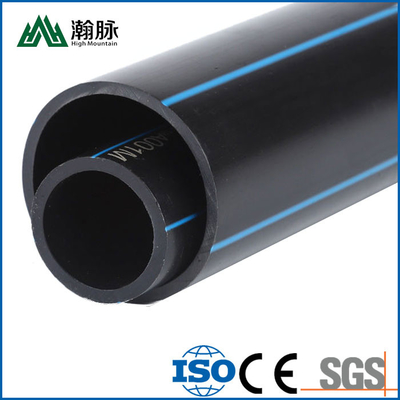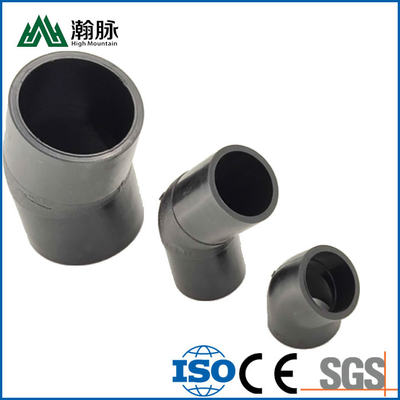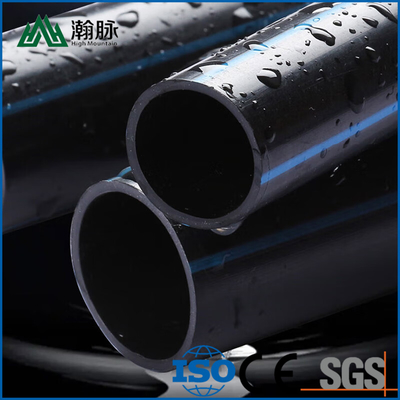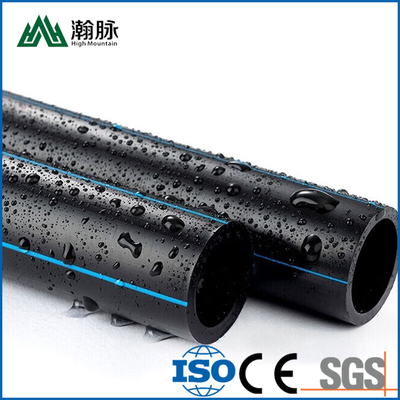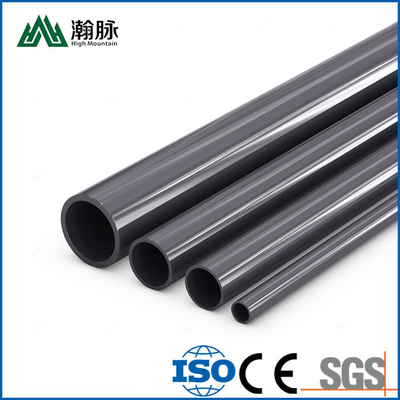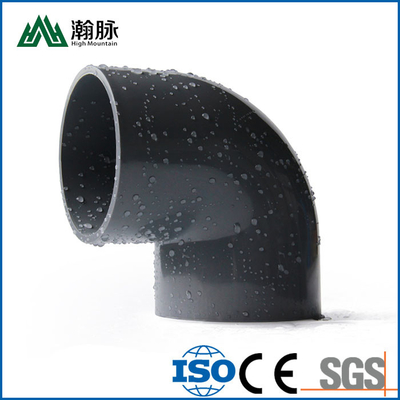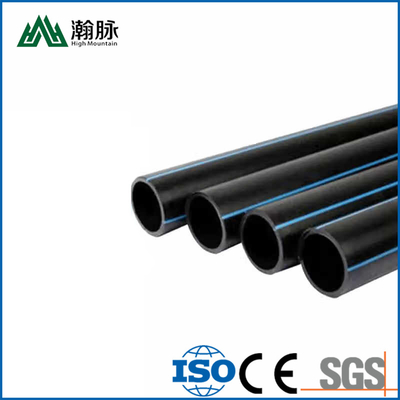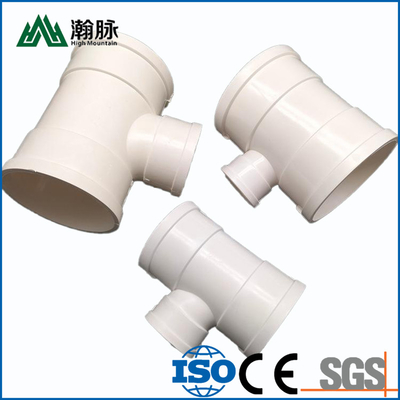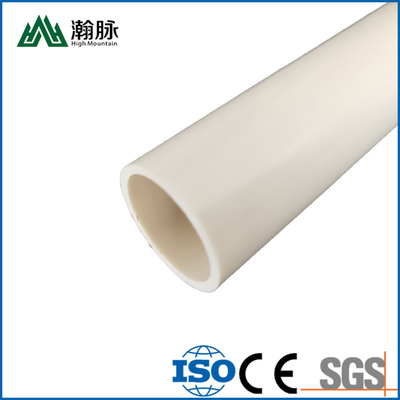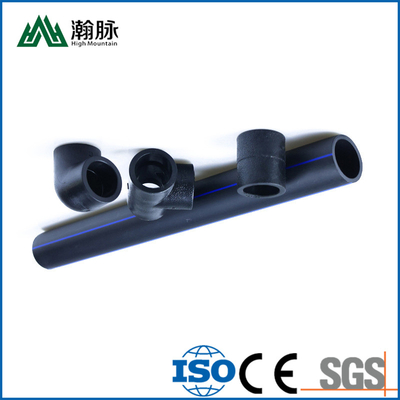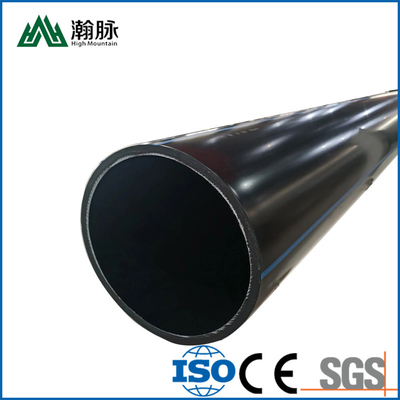High-density polyethylene (HDPE) pipes have become increasingly popular in the water management industry due to their numerous benefits over traditional piping materials. HDPE pipes are made from strong, durable, and flexible plastic material that is resistant to corrosion, chemicals, and extreme weather conditions. These pipes are widely used for water supply, drainage, and sewage systems in residential, commercial, and industrial buildings.
In this blog post, we will discuss the benefits of HDPE water pipes, their common uses, and how to install them.

Benefits of HDPE Water Pipes
1. Durability: HDPE pipes are highly durable and can withstand high pressure and extreme temperatures. They are resistant to corrosion, chemicals, and UV radiation, making them ideal for use in harsh environments.
ity: HDPE pipes are flexible and can bend without breaking. This makes them ideal for use in areas with uneven terrain or where there is a need for directional changes.
3. Lightweight: HDPE pipes are lightweight and easy to handle, transport, and install. This reduces the overall cost of installation and makes it easier to maneuver the pipes in tight spaces.
4. Longevity: HDPE pipes have a lifespan of up to 100 years, which is significantly longer than traditional piping materials such as PVC and copper.
5. Environmentally friendly: HDPE pipes are made from recyclable materials and can be reused or repurposed after their lifespan has ended. This makes them a sustainable option for water management systems.

Common Uses of HDPE Water Pipes
1. Water supply: HDPE pipes are widely used for water supply systems in residential, commercial, and industrial buildings. They can be used for both hot and cold water supply and are resistant to scaling and corrosion.
2. Drainage systems: HDPE pipes are commonly used for drainage systems in buildings, roads, and highways. They are resistant to chemicals and can withstand heavy loads.
3. Sewage systems: HDPE pipes are ideal for sewage systems due to their resistance to chemicals and corrosion. They can also withstand high pressure and extreme temperatures.
4. Irrigation systems: HDPE pipes are commonly used for irrigation systems in agriculture due to their flexibility and durability. They can be used for both above-ground and underground irrigation systems.
Installation of HDPE Water Pipes
HDPE water pipes can be installed using various methods such as butt fusion, electrofusion, and mechanical joining. The installation process involves the following steps:
1. Preparation: The installation site should be prepared by clearing any debris and leveling the ground. The pipes should also be inspected for any damage or defects before installation.
2. Cutting: The pipes should be cut to the required length using a saw or pipe cutter. The ends of the pipes should be cleaned using a scraper or sandpaper to remove any dirt or debris.
3. Joining: The pipes can be joined using various methods such as butt fusion, electrofusion, or mechanical joining. The method used will depend on the size of the pipe and the application.
4. Testing: After installation, the pipes should be tested for leaks and pressure using specialized equipment. Any leaks should be repaired before the system is put into operation.
Conclusion
HDPE water pipes offer numerous benefits over traditional piping materials such as PVC and copper. They are durable, flexible, lightweight, and environmentally friendly, making them an ideal choice for water management systems. HDPE pipes can be used for water supply, drainage, sewage, and irrigation systems in residential, commercial, and industrial buildings. The installation process involves cutting the pipes to length, joining them using specialized methods, and testing for leaks and pressure before putting the system into operation.

 Your message must be between 20-3,000 characters!
Your message must be between 20-3,000 characters! Please check your E-mail!
Please check your E-mail!  Your message must be between 20-3,000 characters!
Your message must be between 20-3,000 characters! Please check your E-mail!
Please check your E-mail! 
